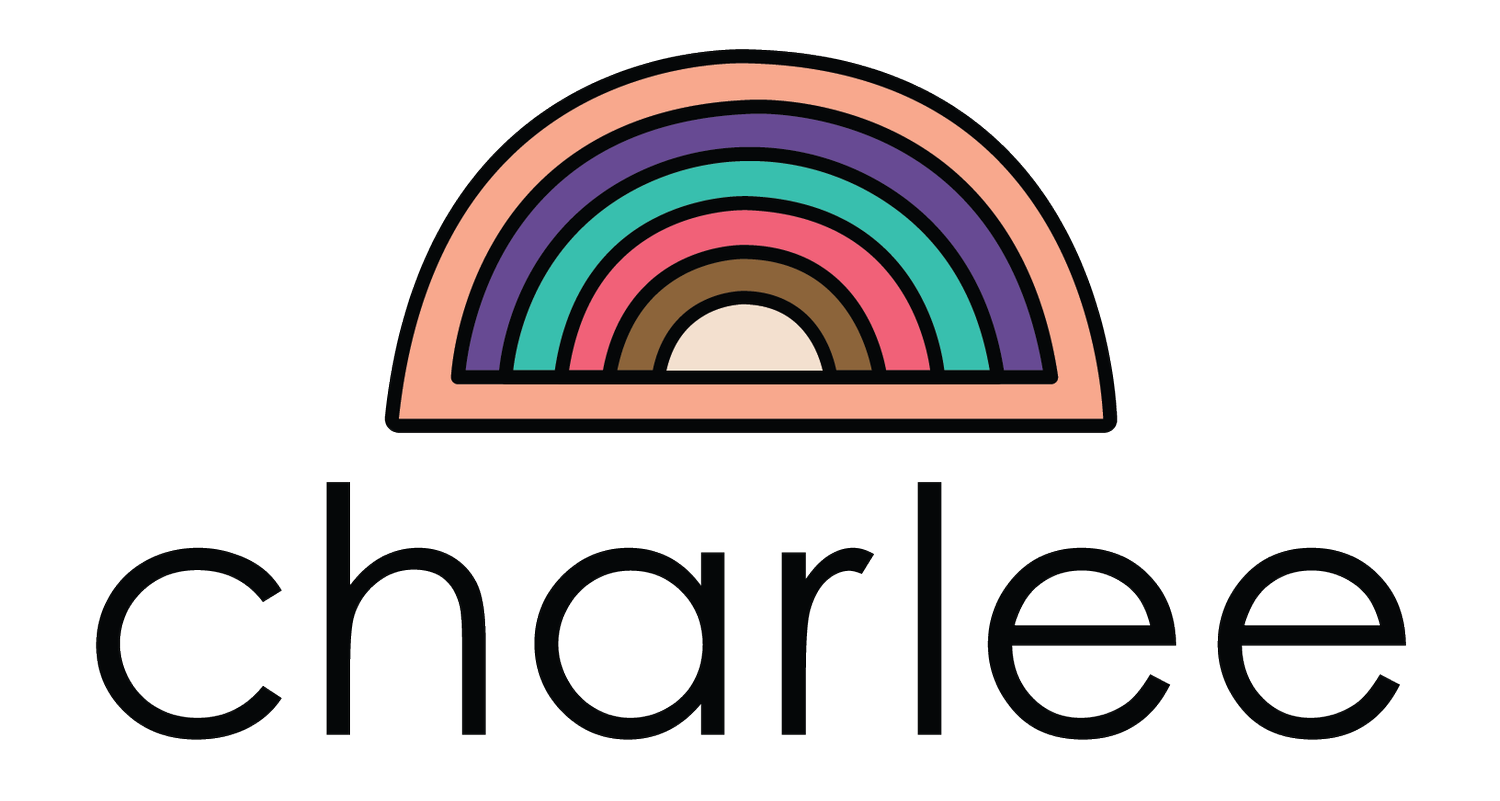
LGBTIQA+ experiences of grief
Grief as a LGBTIQA+ person
Loss through suicide is an intensely painful form of grief. Grief following a suicide can be particularly difficult to experience as a LGBTIQA+ person. Many of us face challenges that relate to our gender identities and sexualities which can shape and impact how we process our grief.
What we as LGBTIQA+ people go through after a suicide can be different to people who do not identify as LGBTIQA+. Sometimes these experiences can invalidate or complicate our ability to express grief and contribute to feelings of isolation.
We might face challenges such as:
Assessing our safety to express our gender identity or sexuality at a funeral
Hearing harmful comments about gender and sexuality from family members of the deceased
Isolation from social groups and LGBTIQA+ communities
Confusion or guilt over our own experiences thinking about suicide
Protecting the gender identity or sexuality of the deceased who wasn’t ‘out’ in public
LGBTIQA+ people who are from diverse cultural backgrounds can face unique challenges, some that include:
Disconnection from country, community and culture
Complex relationship with family and LGBTIQA+ identity
Stigma surrounding suicide that derives from religious or cultural beliefs
Barriers to participating in cultural customs of grief
Prohibited from returning to home country for memorials
Lack of community due to loss of connection with practices of faith
Inability to access support services that require Medicare
Support services failing to address intersectionality in their care

“My family never thought to ask me how we were. I guess they were going through their own trauma but for me, I was also worrying about bringing my partner to the funeral who was trying really hard to support me while grieving her loss too. We needed to go to the funeral together, we needed to remember and express our love for Dan with others who were feeling as devastated as us. No-one other than a few relatives like my cousins, bother and mum and dad knew about my bisexuality. My partner, a cis-woman, had never met my grandparents or many close relatives because we knew it wasn’t safe for us to be an openly queer couple. I never, ever, imagined that I would come out at a funeral.”
Being open about our grief
A very important part of processing our experiences of grief and loss is having our loss acknowledged by others. When our pain is seen by those around us, we can share the pain of loss. We can feel freer to express our sorrow, share our experience with other people, and to have the one we lost acknowledged and memorialised. The sorrow we feel becomes open and public, and that can support and help us as we heal.
For those of us in the LGBTIQA+ community, being open about our grief is not always easy. We may face family members, friends, work colleagues and others in our community that do not know of or will not acknowledge our relationship to the deceased. Some of those around us may not recognise the identity of the deceased in terms of their gender or sexuality. We may be left out of memorial arrangements, grieving processes, or access to coroner reports. These experiences may make us feel like our grief is hidden from others.
When the death is due to suicide, stigma can also add an added layer of difficulty in making meaningful connections. We may find ourselves feeling as though people do not know how to react to our loss as they feel afraid or awkward to talk about suicide openly. As a society, we still have all kinds of reactions to discussions of suicide which mean that we, as the bereaved, often feel unable to mourn our loss openly and honestly.

Listen to LGBTIQA+ experiences of grief
We’ve heard from many LGBTIQA+ people who are bereaved that reading or hearing stories about suicide loss and being LGBTIQA+ has helped them feel connected to their grief and to LGBTIQA+ communities.
Not being able to express our loss openly can be very painful experience and is shared by so many within our LGBTIQA+ community. To hear from LGBTIQA+ people bereaved through suicide and their experiences of grief following a suicide loss, check out our Let’s Talk About Suicide podcast



